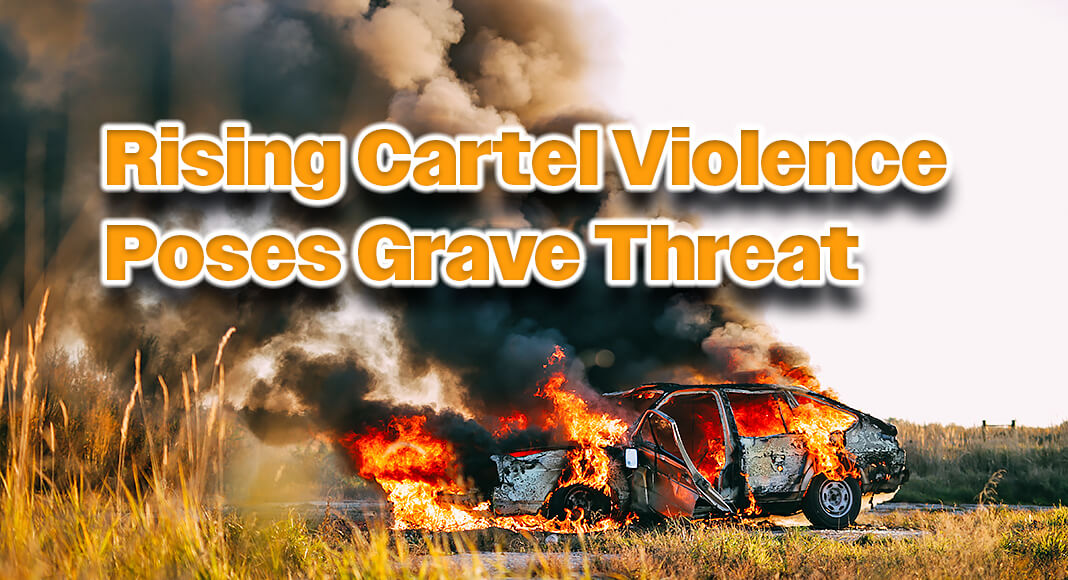
Texas Border Business
Texas Border Business
On February 5, 2025, a tragic incident occurred near Brownsville, Texas, claiming the life of a U.S. citizen in what appears to be a cartel-related attack. Antonio Céspedes Saldierna, a 74-year-old rancher from Brownsville, was killed when his vehicle detonated an improvised explosive device (IED) on his ranch in San Fernando, Tamaulipas, Mexico. The explosion also took the life of Horacio Lopez Peña and left Peña’s wife, Ninfa Griselda Ortega, severely injured. Ortega is currently hospitalized and receiving medical care.
Authorities strongly suspect that a drug cartel planted the explosive device; as such, weapons have become an increasingly common tool for organized crime groups in the region. Cartels have been using IEDs to exert control over territory, intimidate rivals, and enforce their dominance over areas near the border.
This incident emphasizes the alarming rise in cartel violence along the U.S.-Mexico border. Officials report that cartel members near Brownsville have started placing explosives along roads, posing significant risks for residents, ranchers, and travelers who frequent the area. The use of IEDs marks a dangerous shift in cartel tactics, raising concerns about the safety of Americans who live or travel near the border.
The rise of cartel-related violence has drawn increasing attention from law enforcement agencies on both sides of the border. Local authorities and security experts warn that these tactics mirror those seen in conflict zones, stressing the need for heightened security measures and international cooperation to combat organized crime in the region.
U.S. Consulate Issues Travel Advisory Amid Rising Violence
On January 27, 2025, the U.S. Consulate in Mexico issued a Level 4 “Do Not Travel” advisory for Tamaulipas in response to rising violence and an increasing threat of kidnappings in the region. Citing widespread gun violence and the growing use of improvised explosive devices (IEDs) by criminal organizations, the advisory strongly warns U.S. citizens against travel to the area and urges them to take extreme precautions, including:
- Avoiding dirt roads and remote areas
- Refraining from touching unfamiliar objects that could be explosive devices
- Limiting travel to daylight hours
- Staying on main roads and avoiding cartel-controlled regions
Additionally, U.S. government employees have been instructed to avoid travel in and around Reynosa and Rio Bravo due to heightened risks of violence, kidnappings, and attacks targeting both locals and foreigners.
The release urges all U.S. citizens planning to travel near the border to monitor official advisories, remain vigilant, and avoid unnecessary trips to high-risk areas. For the latest updates on safety and security in Mexico, travelers are encouraged to consult the U.S. Department of State’s official travel advisories and the U.S. Embassy and Consulates in Mexico.
The tragic loss of Antonio Céspedes Saldierna and the escalating use of explosive devices by cartels raise serious concerns about border security. As criminal organizations adopt increasingly sophisticated and deadly tactics, U.S. and Mexican authorities face mounting pressure to strengthen efforts against cartel violence and protect civilians caught in the crossfire.
For now, the region remains one of the most dangerous for travelers, and authorities continue to stress the importance of caution, preparedness, and adherence to travel warnings.














